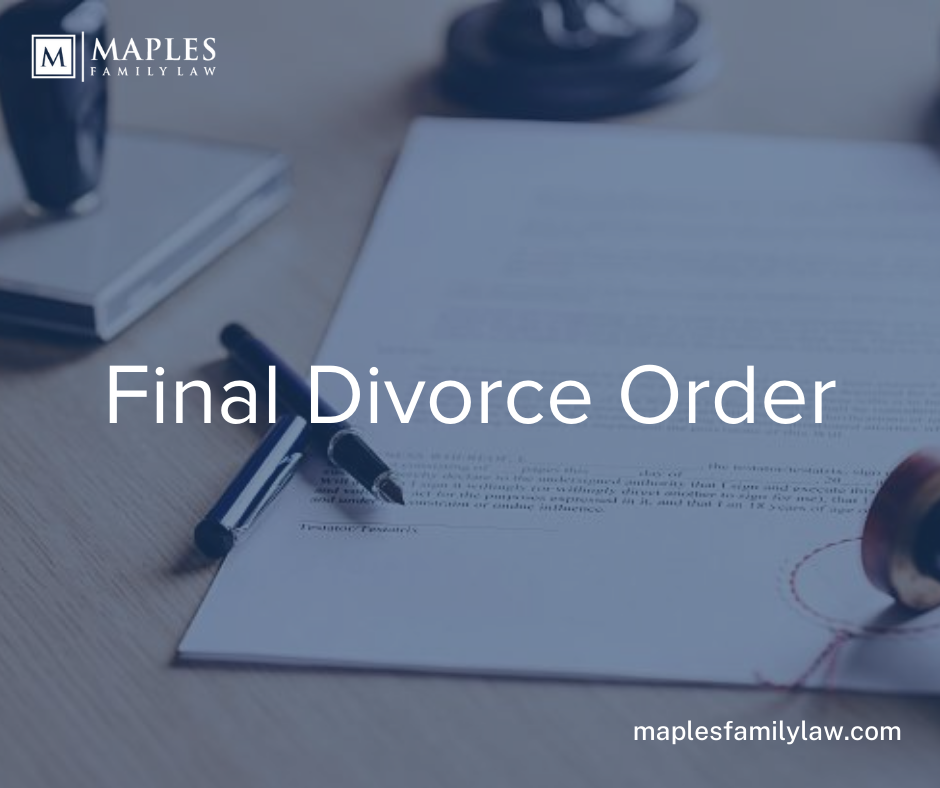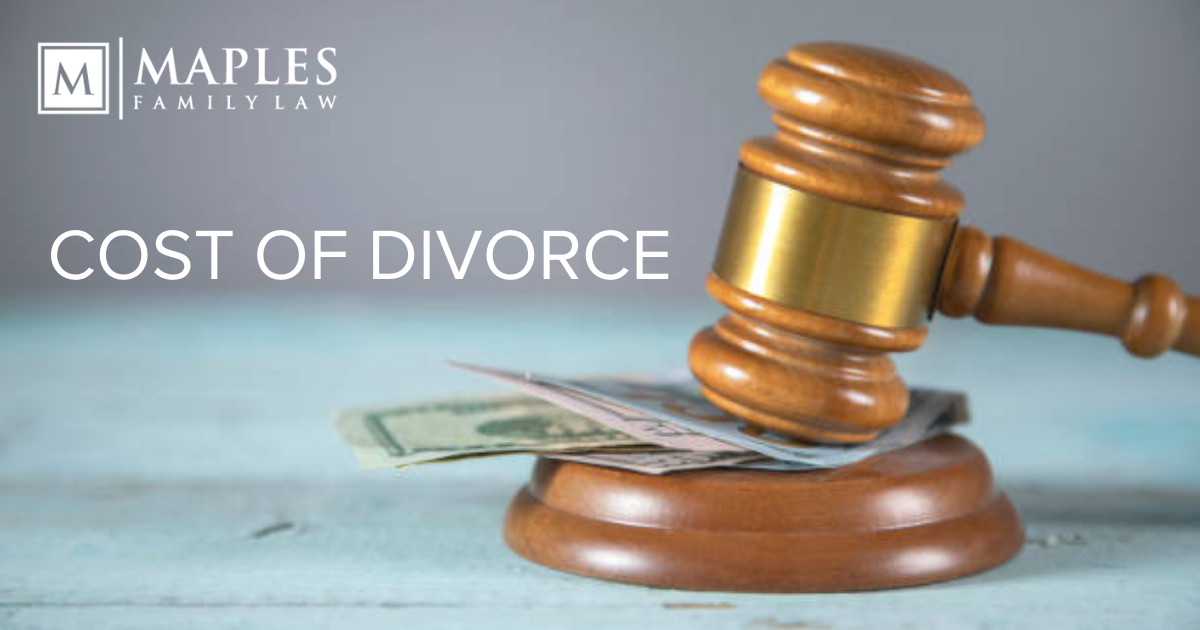 Divorce
Divorce
Is Adultery Illegal in California?
Is adultery illegal in California? Many people whose spouses have cheated ask us that question – and the short answer is no. Adultery isn’t illegal in California, but it can affect some aspects of your divorce.
Here’s what you need to know.
Related: Should you divorce a cheating spouse?
Is Adultery Illegal in California When it Comes to Divorce?
Divorce is a civil proceeding, not a criminal one – which means you can’t say that adultery is “illegal.” However, it can make an impact when you divorce a cheating spouse.
Where is Adultery Illegal?
Most laws prohibiting adultery are gone, but in a few states, there are still laws on the books. They’re generally unenforced because they’re archaic, and many include language like “criminal conversation.” (They used that term because it was too risqué to say “sex.”)
States with laws against adultery, as of this writing, include:
| Alabama | Arizona | Florida | Georgia |
| Idaho | Illinois | Kansas | Maryland |
| Massachusetts | Michigan | Minnesota | Mississippi |
| New York | North Carolina | Oklahoma | South Carolina |
| Utah | Virginia | Wisconsin |
In most of these places, the laws are unenforced and haven’t been updated in years. For example, if you’re actually prosecuted for cheating on your spouse in Maryland, the fine is a whopping $10. However, in other states, such as Massachusetts, Idaho and Michigan, adultery is a felony.
If Adultery Isn’t Illegal in California, What Impact Does it Have on Divorce?
 While California is a no-fault divorce state – meaning that you don’t have to give the courts a reason (like adultery) in order to get a divorce – it can have a small effect on your divorce. However, that only applies in very specific situations.
While California is a no-fault divorce state – meaning that you don’t have to give the courts a reason (like adultery) in order to get a divorce – it can have a small effect on your divorce. However, that only applies in very specific situations.
A judge cannot make your spouse pay you extra alimony, for example, because he or she cheated during your marriage.
The only time it matters to the court that you were married to someone who was unfaithful is if your soon-to-be ex-spouse spends money on a paramour or the affair directly affected your children (other than by causing your divorce, that is).
Related: How does adultery affect divorce in California?
Money and Affairs: Adultery Isn’t Illegal, but it Can Be Costly
If your spouse blows your family savings account on a girlfriend or boyfriend while you’re married, you have every right to be angry – and you may have legal recourse, because there’s a good chance that some of that money belonged to you. You and your spouse equally own the money that came into your marriage while you were together (with the exception of gifts and inheritances intended only for your spouse).
Although the judge can’t order your spouse to pay you extra alimony or give you more property, he or she can make your spouse reimburse your marital estate. However, you’ll have to prove what your spouse spent and that he or she spent it on an affair partner. That might be easy to do if you have credit card bills and other ways to build a paper trail, but it can be nearly impossible if you don’t.
If your spouse did spend your money on his or her affair partner, make sure you let your attorney know.
Related: California alimony laws and infidelity
What About When Legal Adultery Affects Your Kids?
 It’s extremely unfortunate that your spouse’s cheating ended your marriage, but it won’t have any effect on child custody.
It’s extremely unfortunate that your spouse’s cheating ended your marriage, but it won’t have any effect on child custody.
Unless, of course, the affair changed the cheater’s fitness as a parent. For example, if your spouse engaged in sexual acts in front of your kids, or if he or she worked with the affair partner to disrupt your relationship with them, you could have legal recourse.
Related: My wife cheated on me and I want a divorce
Is Adultery Legal in California? No, But You Don’t Have to Stay With a Cheater
While adultery isn’t illegal in California, it’s the cause of many marital break-ups. If your spouse cheated on you and you want to explore your options, we can help you.
Call us at (209) 989-4425 or get in touch with us online to talk to a lawyer who can help today. We’ll help you with every aspect of your divorce, from child custody and child support to alimony and property division. We can also refer you to a divorce therapist who can help you work through the emotions you’re experiencing.






